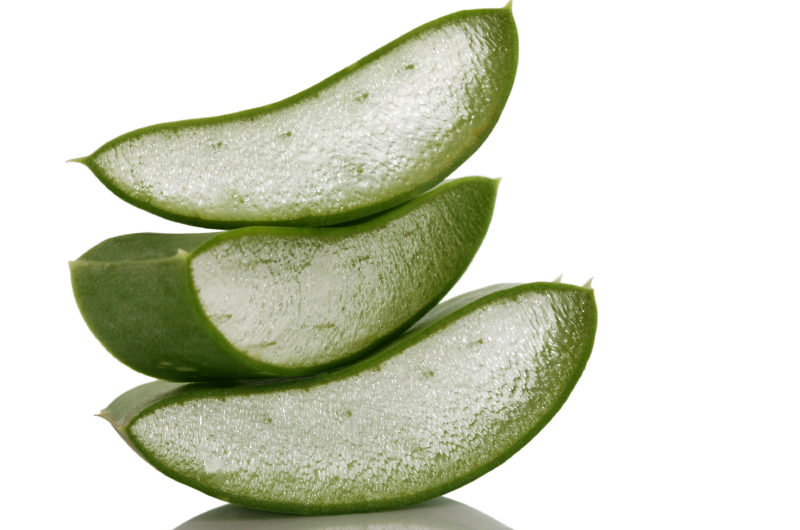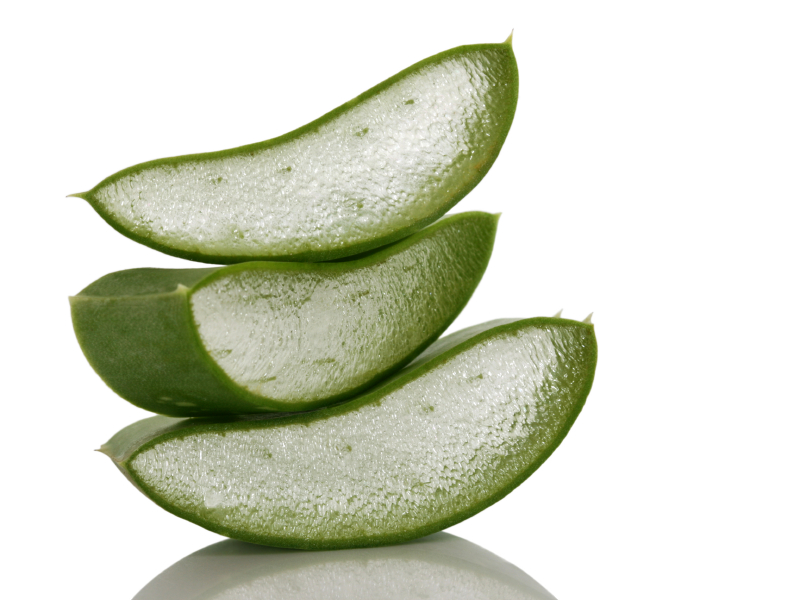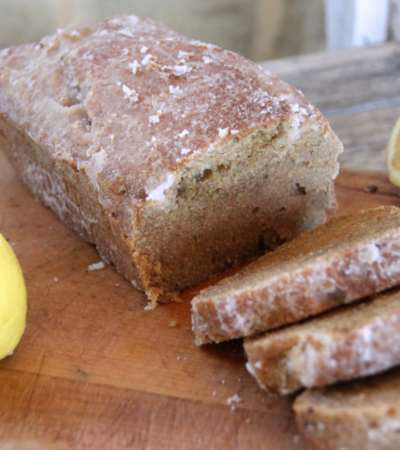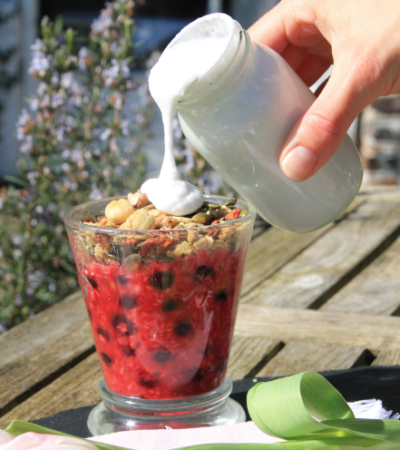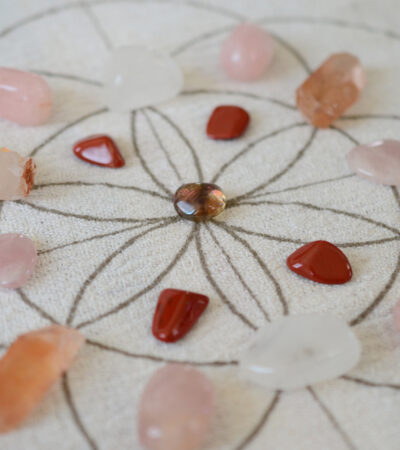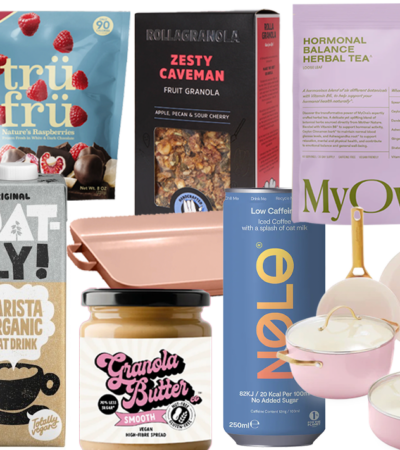We all know sugar is bad for us, but do we know why? And do we know what types of sugar? Every week the average british person consumes around 238 teaspoons of white refined sugar – that is an awful lot. This over-consumption has been linked to many of our countries most serious health problems: diabetes, heart disease, obesity, behavioral problems and many, many more. Sugar has a similar effect on the body as drugs, yes… drugs! It is totally addictive as when we consume it, our bodies can quickly break it down and convert it into energy so it sends messages to the brain that this stuff we just put in our body is good – it’s a sure fire way to get a boost. But it doesn’t end there. What if we don’t need the energy (and often we don’t) then it gets stored as fat. And there are so many other amazing foods out there that can serve our bodies in this way, giving them an energy kick, without all the terrible effects that refined white sugar has! Most of these other foods also come with a host of health benefits! So ditch the white toxic powder, and pick up a new sweet tooth habit… Here are Hip & Healthy’s favourite alternative sweeteners:
Organic Agave Nectar
Agave comes from a Mexican plant similar to a cactus. The syrup-like substance has a much lower glycemic index than refined white sugar (which measures at 30 as opposed to sugar’s 100) so it is broken down and released much slower into the blood stream. It also naturally contains calcium and iron. Plus it is much sweeter than sugar so you use much much less for the same sweet effect!
Natvia
Natvia is derived from the stevia plant and is 100% natural. Although stevia is almost 300 times sweeter than sugar it has almost no effect on blood sugar levels, making it great for diabetics. It also is super low in calories (Natvia has 0.6 calories per teaspoon compared to sugar’s 16 calories per the same amount) and is heat stable making it the ideal baking ingredient. For a super delicious Lemon Drizzle Loaf recipe using Natvia click here.
Honey
Honey has been used as both a sweetener and a medicine for thousands of years. It contains propolis that is antibacterial, antiviral and anti-fungal and if you buy the good, organic local kind (of which we of course recommend) it will be a big boost for your immunity and has been known to help with issues like hay-fever! A quick shout out for Manuka honey is also deserved, which has been shown to be brilliant for the gut health, throat issues and skin conditions such as acne and eczema. It provides what is called non-peroxide activity (NPA), which is a unique antibacterial property that is not so easily affected by heat, light or chemicals in the gut. Aim for 5+ – 15+ UMF (Unique Manuka Factor).
Dates
Dates are often overlooked as being a sweetener – but they often make one of the best, healthiest ways to satisfy your cravings. Not only are they rich in fibre, but they contain a host of vitamins too and they have even been found to help regulate the digestive process. We like to add ours to smoothies, cakes and puddings.

